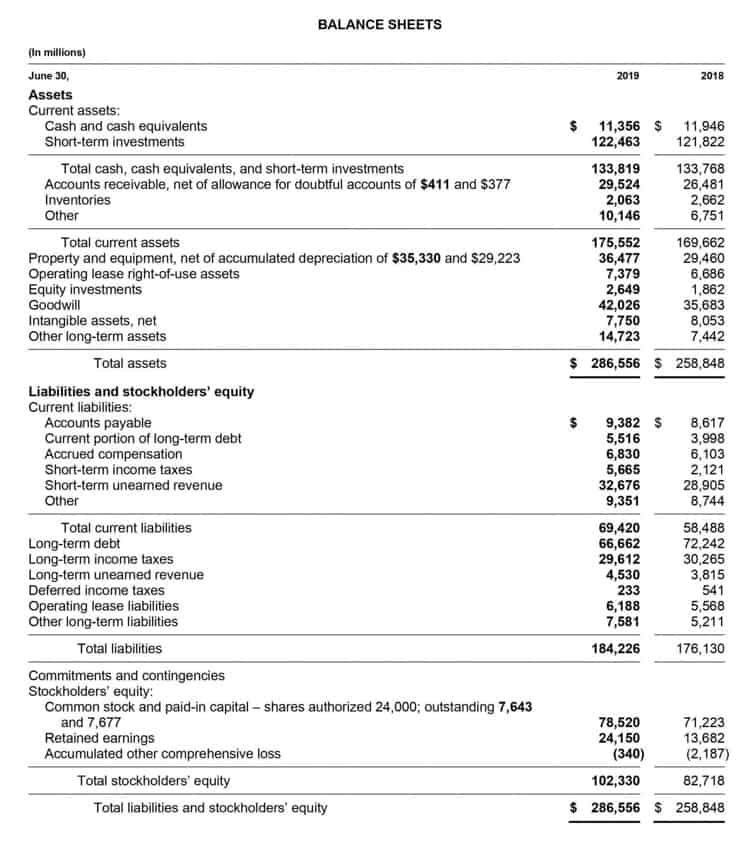Bookkeeping Basics for Therapists Bench Accounting

Practices can also utilize digital solutions that offer automated billing and payment reminders. Therapists use their training to develop robust clinical expertise and provide quality care for their clients. Of course, several Retail Accounting other components are required to run a successful therapy practice.
Subscribe to Taxfyle

This helps us understand your employee reimbursements, benefits, time off, and all the other details. Setting clear, achievable financial goals can support the stability and growth of a therapy practice. Specific and measurable goals should align with the practice’s vision, including reducing expenses, increasing revenue, or expanding services. Meeting with a financial planner and tax professional may give practice owners expert retained earnings advice on different tax rates. Self-employed individuals may need to plan for taxes owed when filing to account for taxes that are not automatically deducted throughout the year as they are with those with an employer.

Specialized email support and access to 24/7 help center
A good bookkeeping system means always knowing how much you’ve earned and spent. Quenza stands out for its client engagement features, enabling practitioners to design interactive homework, exercises, and quizzes for patients between sessions. With these systems, you’ll have clear records ready for both your accountant and the IRS.
- Create a budget that takes into account income and expenses for a specific period to help plan for future costs, both expected and unexpected.
- Additionally, platforms like SimplePractice and TherapyNotes are designed for therapists, providing HIPAA-compliant solutions for patient billing and financial management.
- When you let someone else handle the finances, you can dedicate more time to your client base and ensure that your bills and taxes aren’t getting neglected.
- Given the complexities of tax laws and the need for precise documentation, every therapist should consult a business advisor or tax professional.
- Outsourcing your bookkeeping could prove to be more cost-effective than you might think, with the financial benefits far outweighing those expenses.
YouTube, TikTok, or Instagram? How different platforms affect your bookkeeping and taxes
- Therapists can achieve financial goals by developing a budget and creating a financial plan.
- By using customizable templates and automated prompts, you maintain standardized therapy notes while reducing the risk of human error.
- For private practice owners, this means more than safeguarding clinical data—it requires careful handling of financial records to prevent any accidental exposure of patient information.
- If you understand how your cash flows into and out of your business, you can properly pay your staff and other expenses and ensure you still bring home a profit.
- Get $30 off a tax consultation with a licensed CPA or EA, and we’ll be sure to provide you with a robust, bespoke answer to whatever tax problems you may have.
- Accurate records of the square foot of your home used for business can ensure these expenses are deducted on your tax return as a home office deduction.
Implement our API within your platform to provide your clients with accounting services. Just as patients trust therapists for professional guidance, therapists should trust financial experts for bookkeeping. It involves leveraging AI, automation and client facing portals to simplify the payments process. Client tracking is essentially part of client management software (CRM). It helps you collect, organize, track, access, and update client information.

Free Course: Understanding Financial Statements

Stricter regulations and advanced encryption standards are pushing therapy notes software providers to offer more sophisticated security features to safeguard patient confidentiality. ClinicSource bookkeeping for therapists offers a one‑stop solution, from intake to billing, specifically designed for rehab, PT/OT, and speech therapy. However, its robust platform also suits the needs of mental health professionals. Storing therapy notes and progress notes in a HIPAA compliant software environment safeguards patient confidentiality and makes it easier to maintain compliance with industry regulations. The next important conversation is regarding the separation of records, spending, tax deductions, and other financial elements. That includes using your debit card for business purchases– upgrade to a business card as soon as possible or at least open a separate business account with its own linked debit card.
Understanding HIPAA Requirements
- Practice owners should consider factors like ease of use, whether the software is cloud-based, and the availability of automated tasks such as generating reports.
- Choose a bank that provides easy easy access to your money through online banking, and talk with them about whether they allow access from accounting software like Quickbooksonline or Outright.
- With these tools in place, keeping your clinical and accounting records separate becomes a streamlined, manageable part of your practice.
- AI tools that facilitate voice‑to‑text note‑taking and automated documentation can expedite treatment plans creation.
- They know how to maximize tax benefits and minimize expenses, as well as how to make your business more financially streamlined and efficient.
- The best kinds of bookkeeping software are the ones that are accessible to anyone from a layman to an expert.
Expect tighter integrations and standardized data formats, allowing therapy notes to seamlessly flow into comprehensive patient records. AI tools that facilitate voice‑to‑text note‑taking and automated documentation can expedite treatment plans creation. Also consider systems that use machine learning to analyze client outcomes for better clinical decision‑making. Therapy notes software automates the creation of progress notes, treatment plans, and appointment schedules, freeing up valuable time for clinicians. Look for customizable templates that align with your practice’s methods.
When you let someone else handle the finances, you can dedicate more time to your client base and ensure that your bills and taxes aren’t getting neglected. As a therapist, managing your finances is just as essential as managing your client relationships. With organized and compliant bookkeeping, your practice can stay financially healthy, meet legal requirements, and make the most of available tax deductions.



